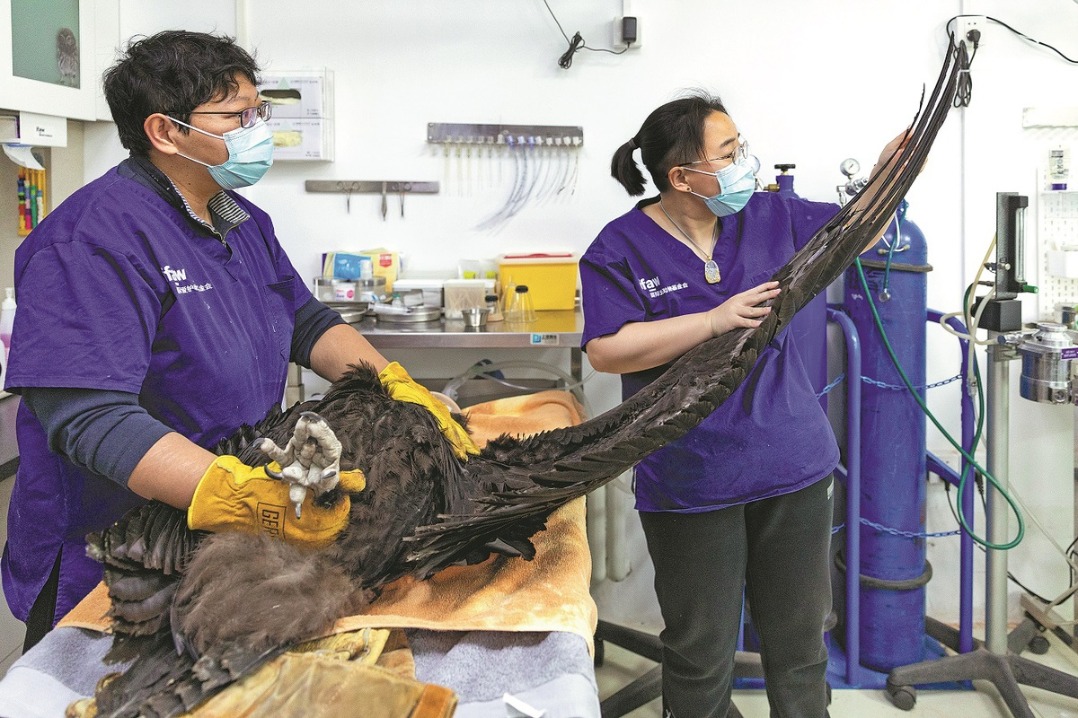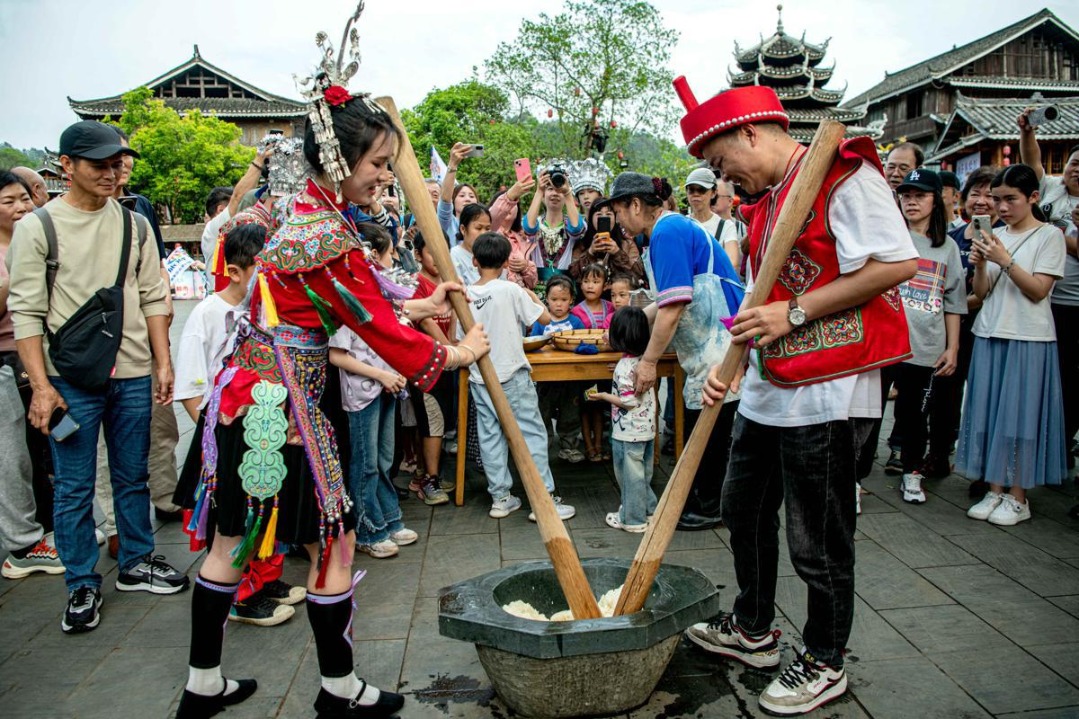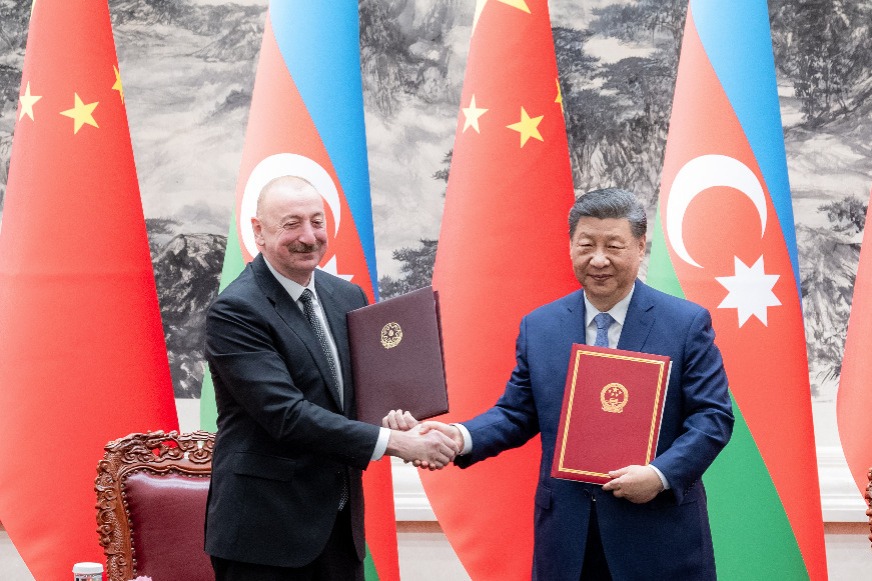Ethnic minorities are being used as forced labor in Xinjiang?
Mass forced labor against ethnic minorities is taking place in Xinjiang.


Full of ignorance of and bias against China, some people from the US and other Western countries have recently made groundless accusations against and disseminated many fallacies about China's human rights conditions concerning Xinjiang.
Here is one of the rumors they spread, and the fact.
Rumor: Mass forced labor against ethnic minorities is taking place in Xinjiang.
Fact:
- According to a US news website the Greyzone, the forced labor stories were in fact a PR blitz orchestrated by anti-China forces from the US and Australia.
- The stories were cooked up by the Australian Strategic Policy Institute (ASPI) which has long been funded by the US government and American arms dealers. To serve the interests of its sponsors, the institute blatantly spread disinformation to vilify and demonize China, particularly on Xinjiang-related issues. Together with anti-China forces in the US, the ASPI made up baseless and biased stories to smear and attack Xinjiang's counter-terrorism and deradicalization efforts. The institute has no credibility whatsoever. Former Australian Ambassador to China Geoff Raby sees the ASPI as "the architect of the China threat theory in Australia". Former Qantas Airways CEO John Menadue said the institute "lacks integrity and brings shame to Australia".
- Ethnic minority workers from Xinjiang are part and parcel of the country's labor force. They have the rights to be employed, sign labor contracts, obtain labor remunerations, take rest and vacations, acquire labor safety and health protection, and enjoy social insurance and welfare as prescribed by law. They have the freedom to choose their occupation. Their personal freedom has never been restricted.
- There are only limited job opportunities in the four southern Xinjiang prefectures (Hotan, Aksu and Kashi prefectures, and Kizilsu Kirgiz autonomous prefecture) as industrialization and urbanization there are underdeveloped. The government of the Xinjiang autonomous region has taken measures based on the wishes of local people to help them find jobs in their hometowns, nearby cities or other areas of Xinjiang, or in the provinces and cities that have pair-up assistance programs with Xinjiang, thus ensuring peoples' right to work to the maximum extent. Since 2018, Xinjiang has helped 151,000 surplus rural workers from poor families in the southern prefectures to find employment elsewhere. With an average annual income of over 45,000 yuan, these workers have all been lifted out of poverty.
- China has been improving its legal system and its State Council has established an inter-agency mechanism to crack down on crimes such as human trafficking and forced labor. Such efforts have proven effective. China earnestly fulfills its international obligations and has ratified 26 international conventions on human rights. China will continue to strengthen exchanges with all parties and fight forced labor and other crimes together.
- Birds of prey a fresh challenge for Beijing
- Xi calls for advancing global climate governance
- China, Azerbaijan elevate partnership
- US political manipulation of novel coronavirus opposed
- International Lunar Research Station attracts more partners: CNSA
- Shanghai International Coffee Culture Festival 2025 is set to kick off





































